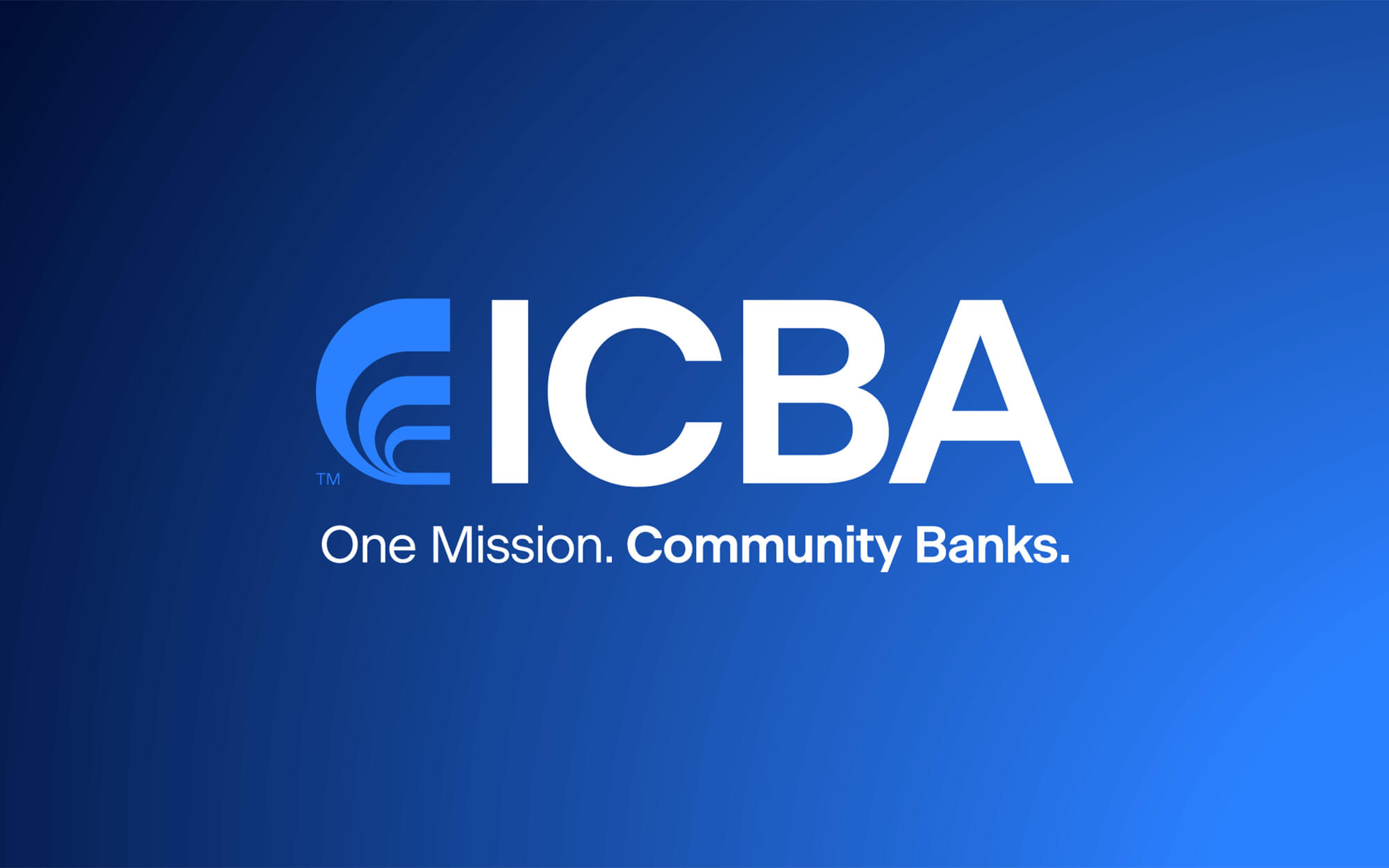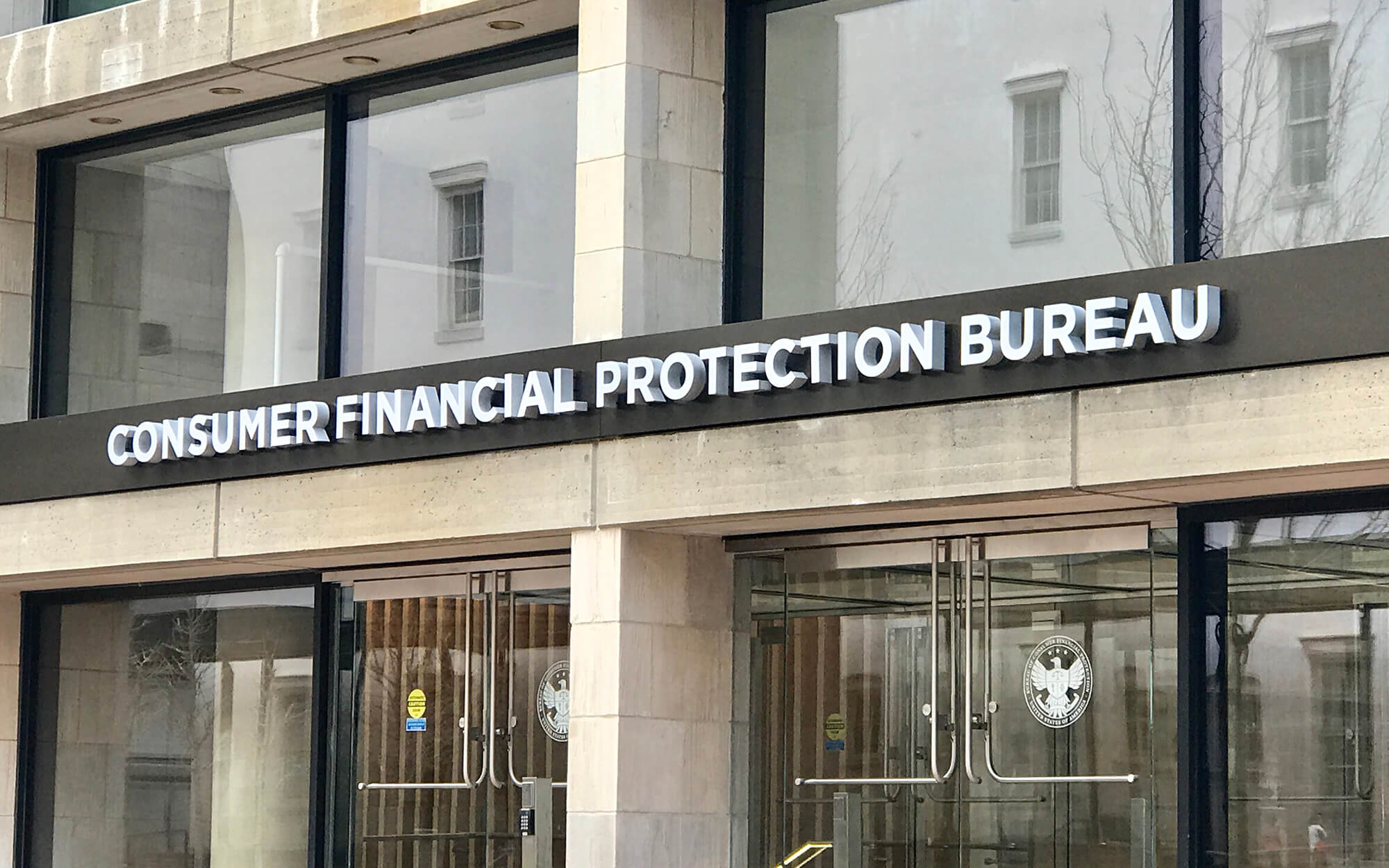Washington, D.C. (Jan. 24, 2024)—Independent Community Bankers of America (ICBA) President and CEO Rebeca Romero Rainey issued the following statement on today’s Consumer Financial Protection Bureau proposed rule on non-sufficient-funds fees.
“Today’s CFPB proposal on non-sufficient-funds fees is another example of the bureau imposing arbitrary price controls that would distort market discipline and have a negative ripple effect on customers and businesses that rely on these services, undermining the bureau’s mission of protecting consumers. ICBA and the nation’s community banks continue calling on the CFPB to conduct a Small Business Regulatory Enforcement Fairness Act review before proceeding with the rulemaking.
“As we told the bureau in a letter earlier this month, any rulemaking on NSF fees would have a significant economic impact on community banks and the communities they serve. The SBREFA process requires the CFPB and other agency offices to convene a group of small-business entities that may be affected by the proposal and solicit their feedback before issuing a proposed rule, which the agencies have not done.
“Meanwhile, ICBA and the nation’s community banks continue to reject the CFPB’s mischaracterization of NSF fees and overdraft protection services as ‘junk fees.’ Such language misrepresents the wide range of fully disclosed services that banks offer their customers when they do not have sufficient funds to cover transactions.
“We look forward to fully reviewing today’s proposal and working to ensure community banks and local communities are not negatively affected by regulatory overreach.”
About ICBA
The Independent Community Bankers of America® has one mission: to create and promote an environment where community banks flourish. We power the potential of the nation’s community banks through effective advocacy, education, and innovation.
As local and trusted sources of credit, America’s community banks leverage their relationship-based business model and innovative offerings to channel deposits into the neighborhoods they serve, creating jobs, fostering economic prosperity, and fueling their customers’ financial goals and dreams. For more information, visit ICBA’s website at icba.org.
###






